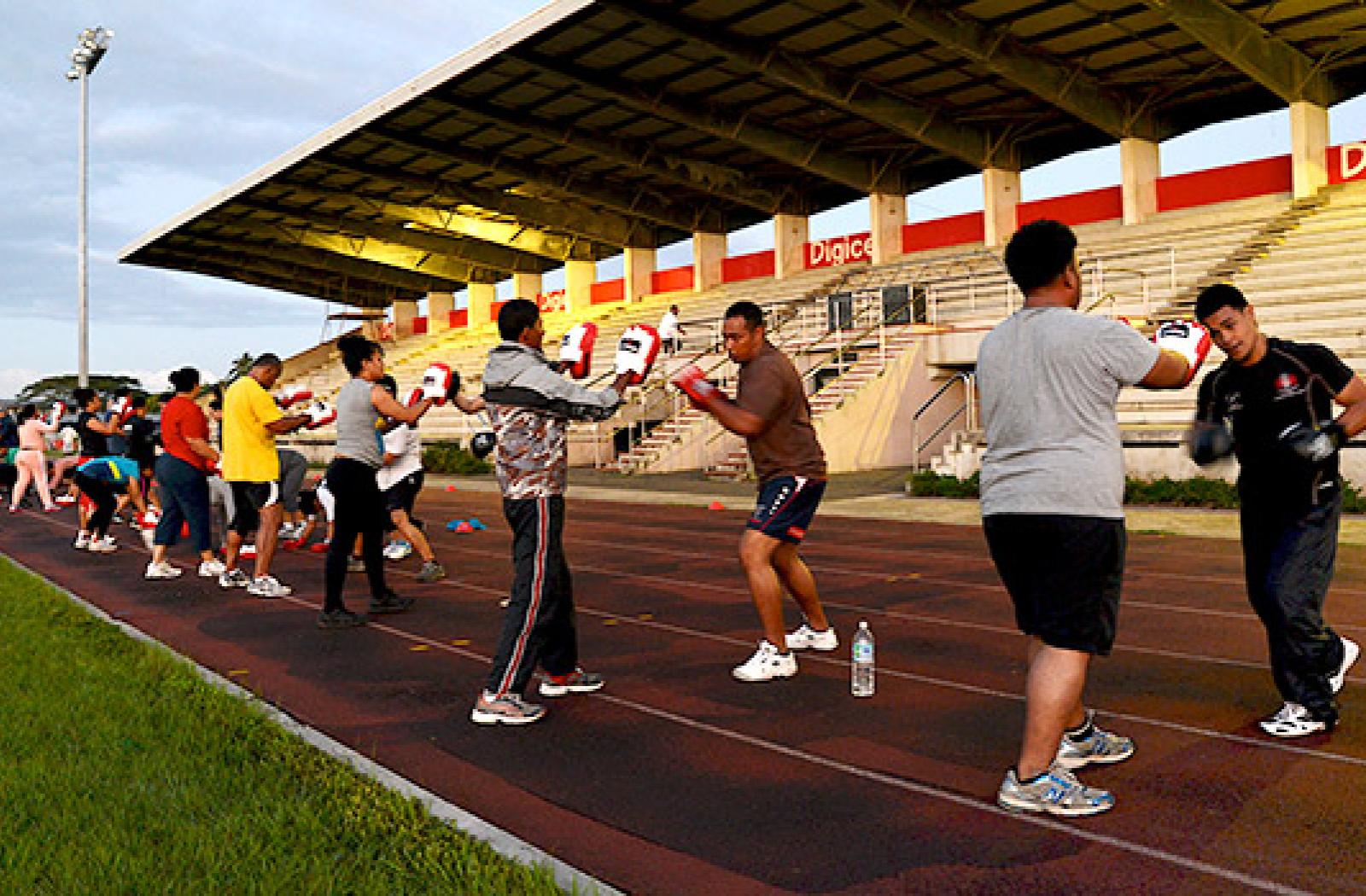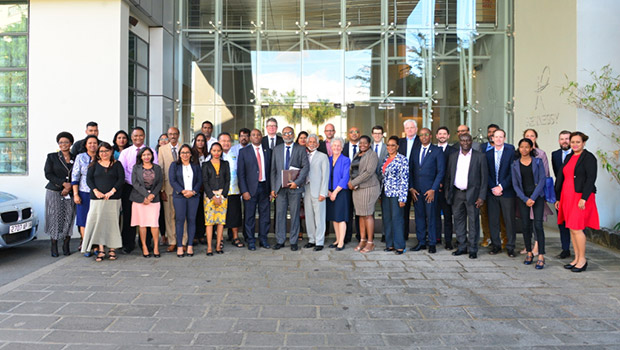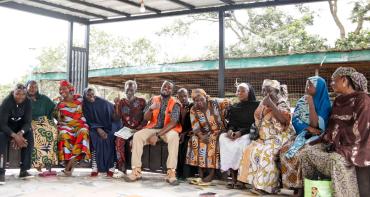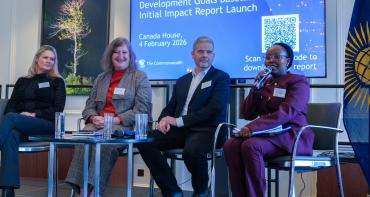Well-designed sport and physical activity strategies can make valuable contributions to national development and achieving the Sustainable Development Goals. That was the message from experts and policy makers who gathered for the three-day annual meeting of the Commonwealth Advisory Body on Sport (CABOS).

Well-designed sport and physical activity strategies can make valuable contributions to national development and achieving the Sustainable Development Goals.
That was the message from experts and policy makers who gathered for the three-day annual meeting of the Commonwealth Advisory Body on Sport (CABOS).
Members emphasised that sport can be an “enabler of sustainable development” but also that the social and economic impact of investment in sport needs to be systematically measured in order to advance the field.
The focus at the meeting, and now going forward through various actions, is on quantifying the contribution of sport to the SDGs around health, education, gender and broader equality, building collective capacity to protect the integrity of sport against issues such as corruption and doping, and advancing consensus on promoting human rights in and through sport.
There has already been some success, with CABOS appraised of results in Jamaica, where 50 per cent of participants in a series of sport-based programmes have reported they are less likely to join a gang and more than 70 per cent have reported they are less likely to commit a crime.
The CABOS meeting reiterated support for Commonwealth leadership of global efforts to develop common indicators and measurement frameworks to monitor and evaluate the contribution of sport to the SDGs.
A key outcome was an expansion of the number of countries committed to develop national frameworks, with Canada, Jamaica, Kenya, Mauritius and Namibia confirming they will draw on tools developed by the Commonwealth Secretariat for this purpose.
Participants praised host nation Mauritius for its work on key sport and physical activity policy issues, following reforms that have taken place with the Commonwealth’s support.
The government has launched a national Active Mauritius initiative to get more people to participate in sport and exercise regularly. Mauritius is also the first African country to introduce an indicators framework within its national monitoring and evaluation system to quantify the areas in which sport is making a positive impact.
Campaigns in Mauritius to promote the benefits of an active lifestyle have garnered results towards achieving SDG 3.4 focused on reducing premature mortality from non-communicable diseases such as heart disease and stroke, obesity and Type 2 diabetes.
Physical inactivity is a key risk factor for lifestyle disease, but 57 per cent of Mauritians who are currently inactive have said they are willing to become more active while 79 per cent have said they enjoy taking part in sports.

CABOS delegates agreed on four focus areas for the 10th Commonwealth Sports Ministers Meeting to be held in Tokyo, Japan in July 2020:
- Scaling innovative public and private financing for sport’s contribution to sustainable development;
- Stimulating the domestic sports market in small and developing Commonwealth countries;
- Enhancing convergence of sport-related legal instruments, policies and measurement frameworks; and,
- Building collective capacity to address the diverse sport integrity threats facing Commonwealth countries and protect the rights of athletes and those participating in sport.
Former West Indies cricketer Deryck Murray, who is chairman of CABOS, said: “Sport can make a major contribution to people’s health and wellbeing, while instilling a sense of personal and national pride. It can have the same transformative effect on countries’ development. It’s therefore vital that the contribution of sport can be effectively measured, and there are systems in place to ensure good governance, enhance sport integrity, eliminating sport-related corruption and protecting human rights.”
CABOS is the primary sport policy advisory body in the Commonwealth. It includes representatives from nine member countries, the Commonwealth Games Federation and Commonwealth Youth Sport for Development and Peace Network.
Read the Chair's Statement - CABOS 2019



